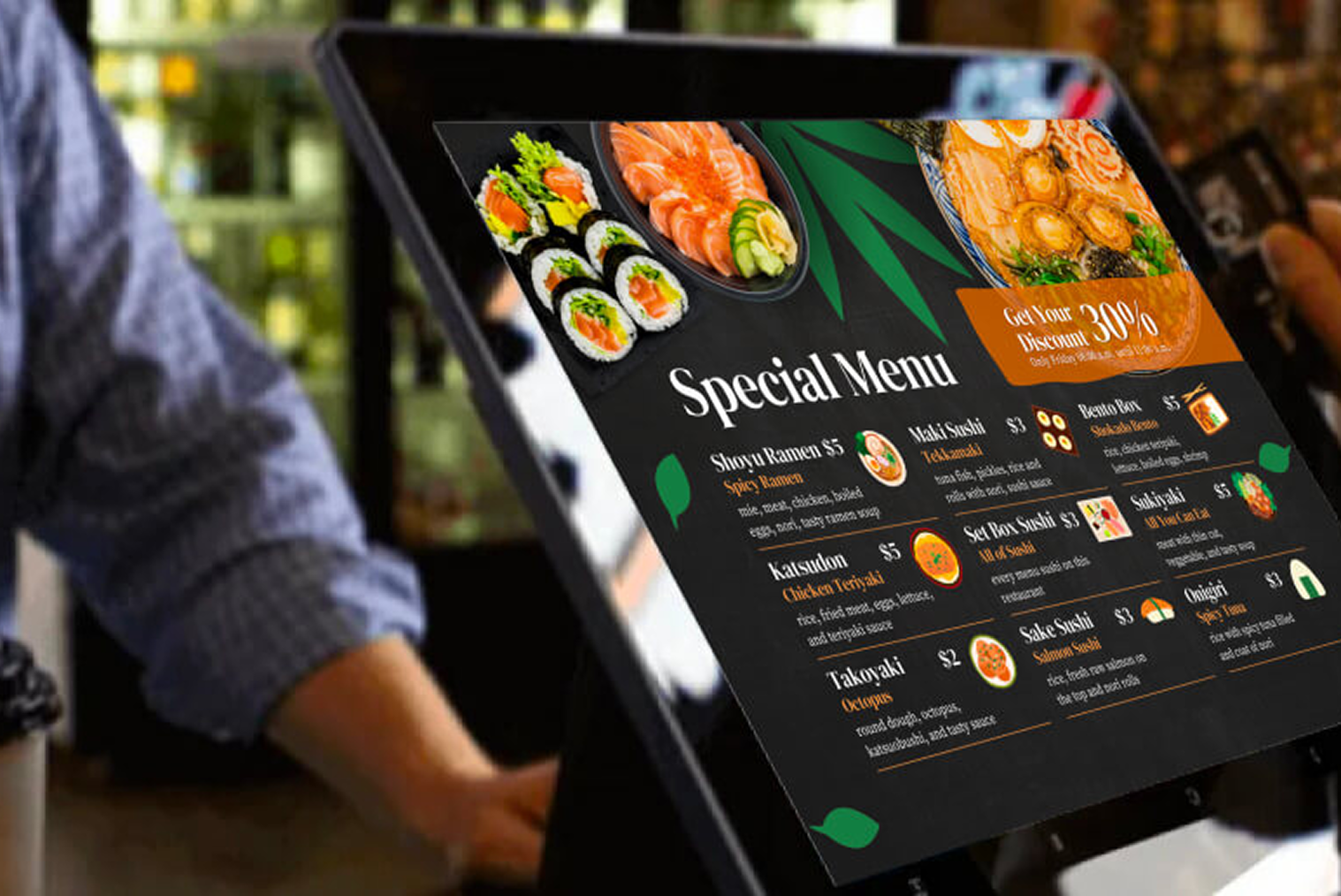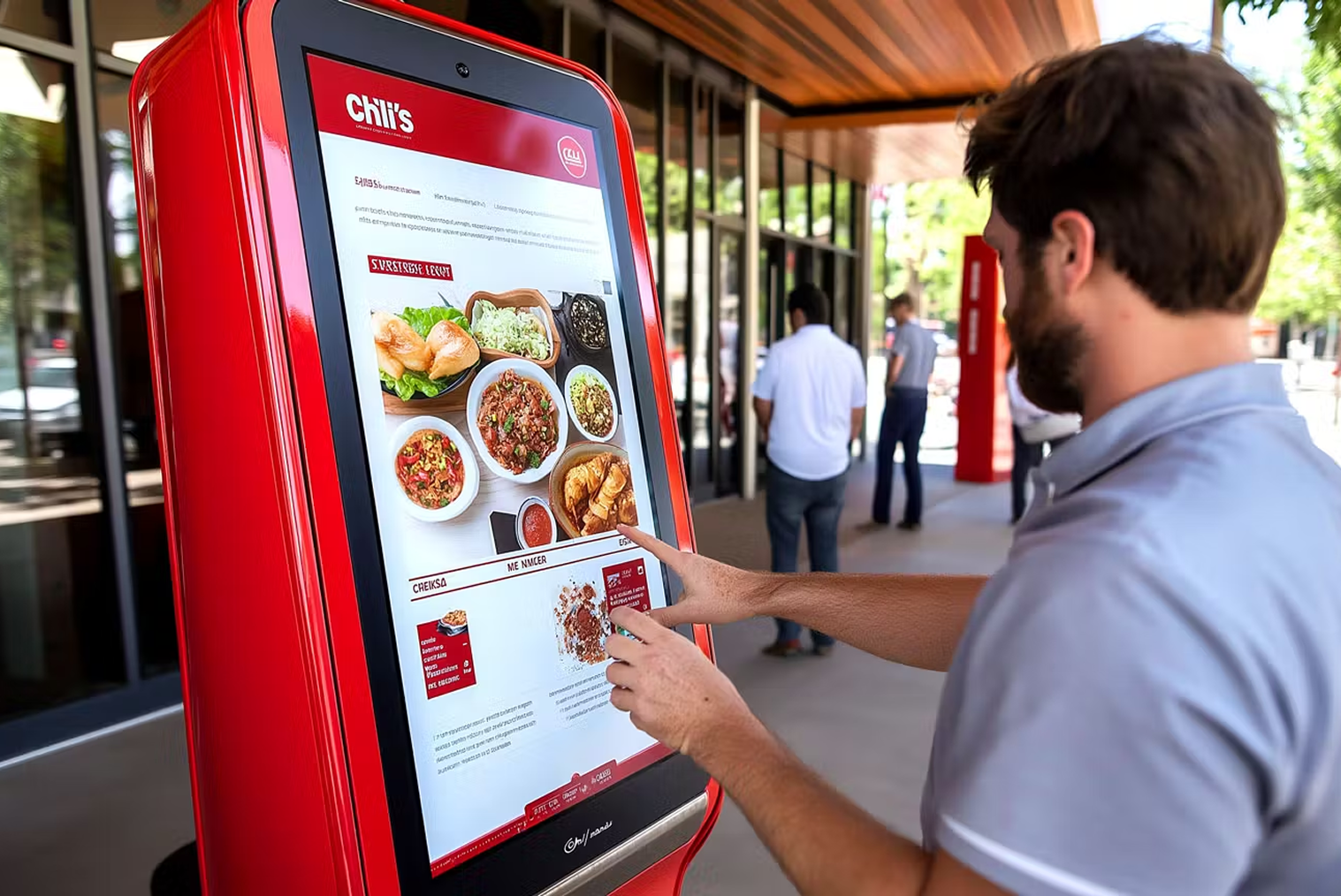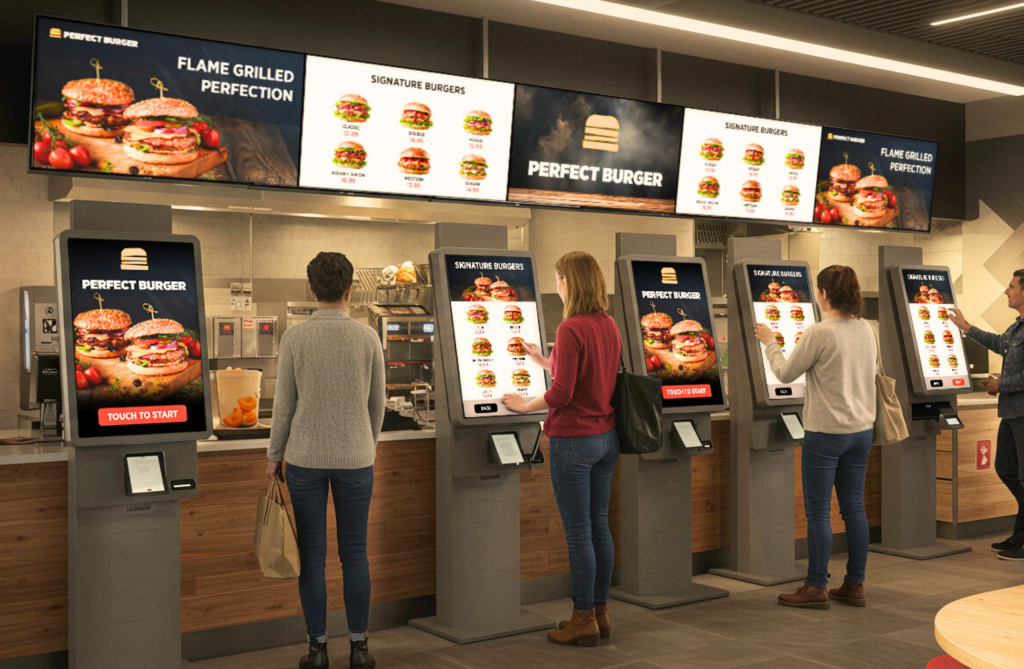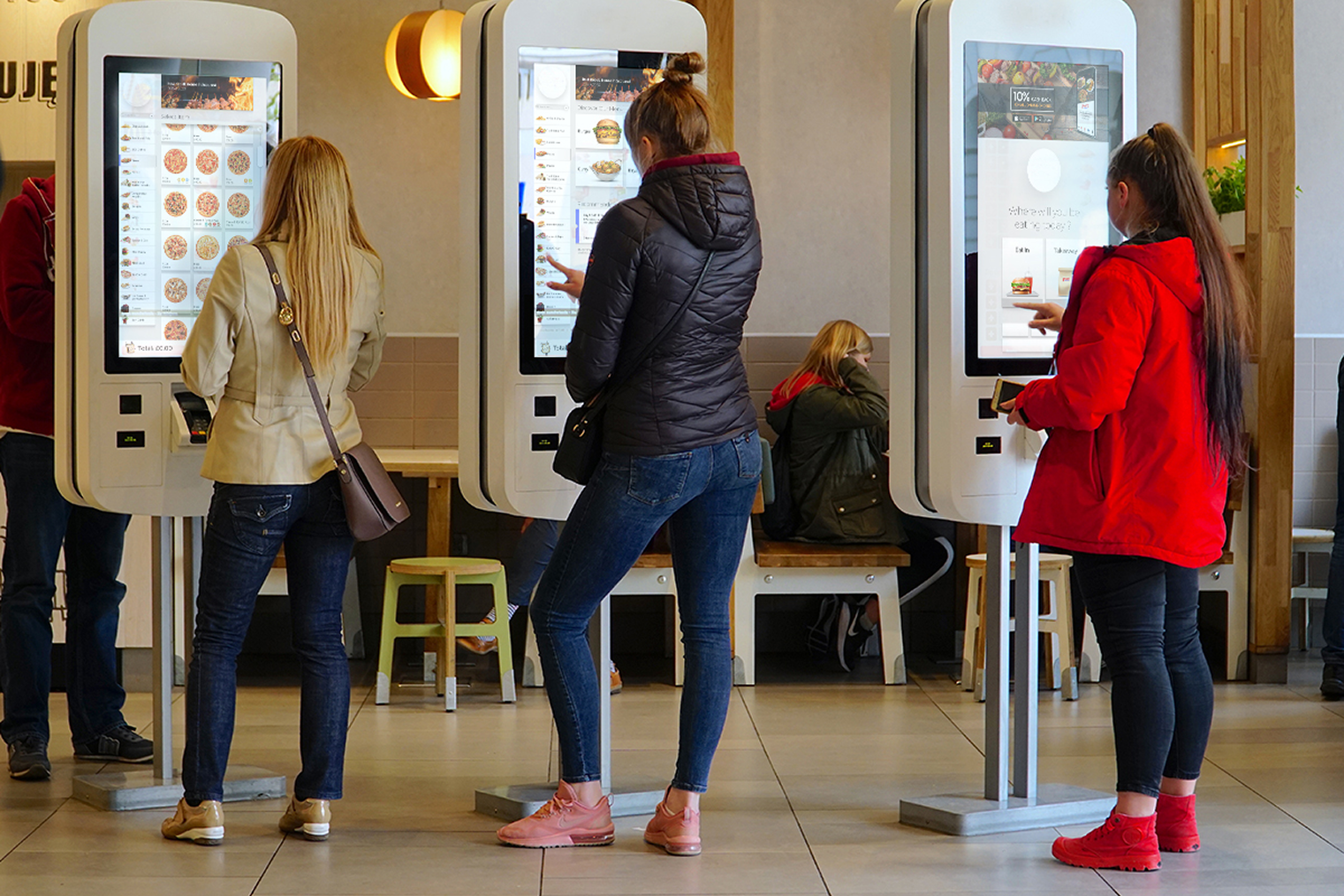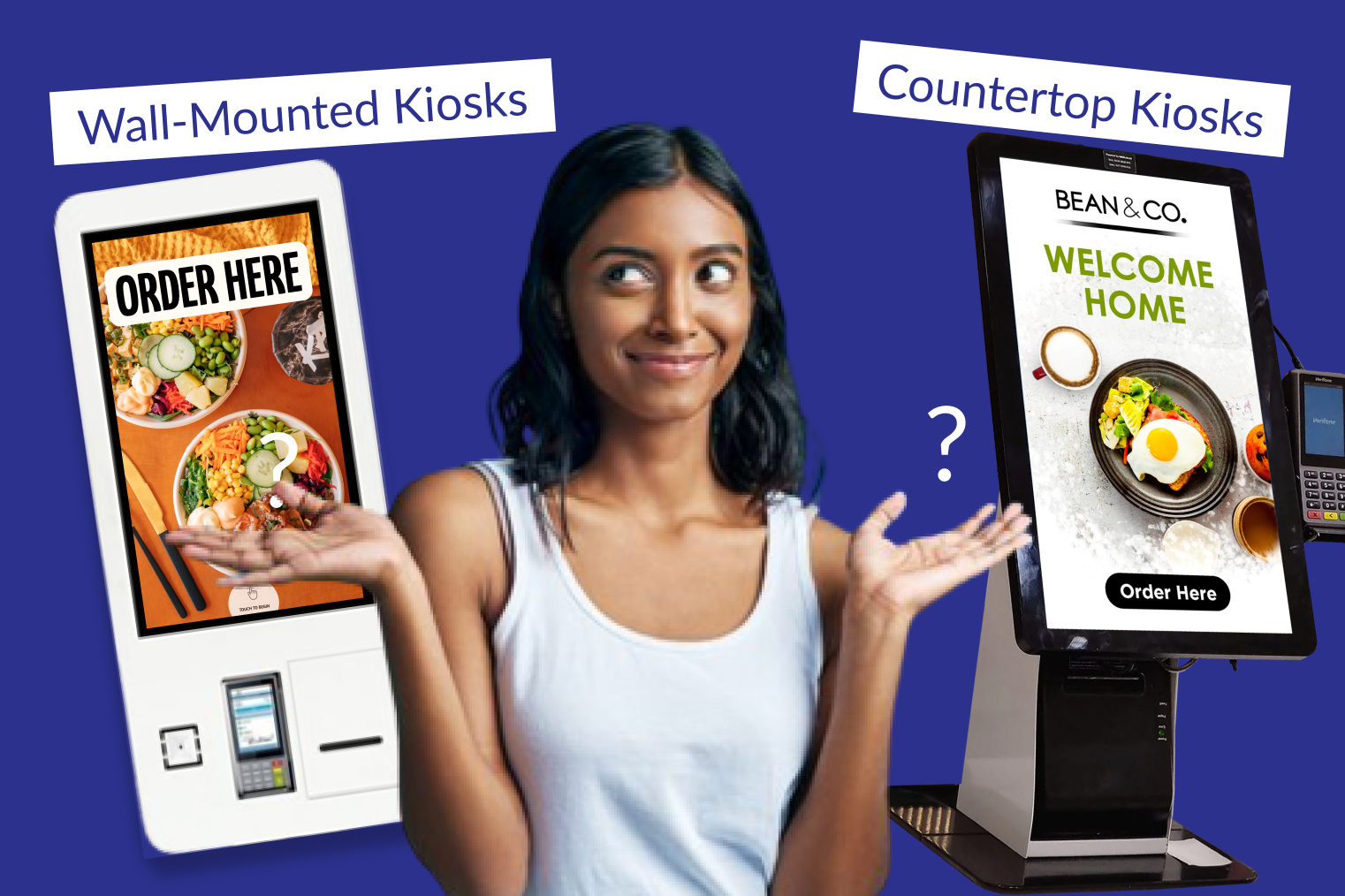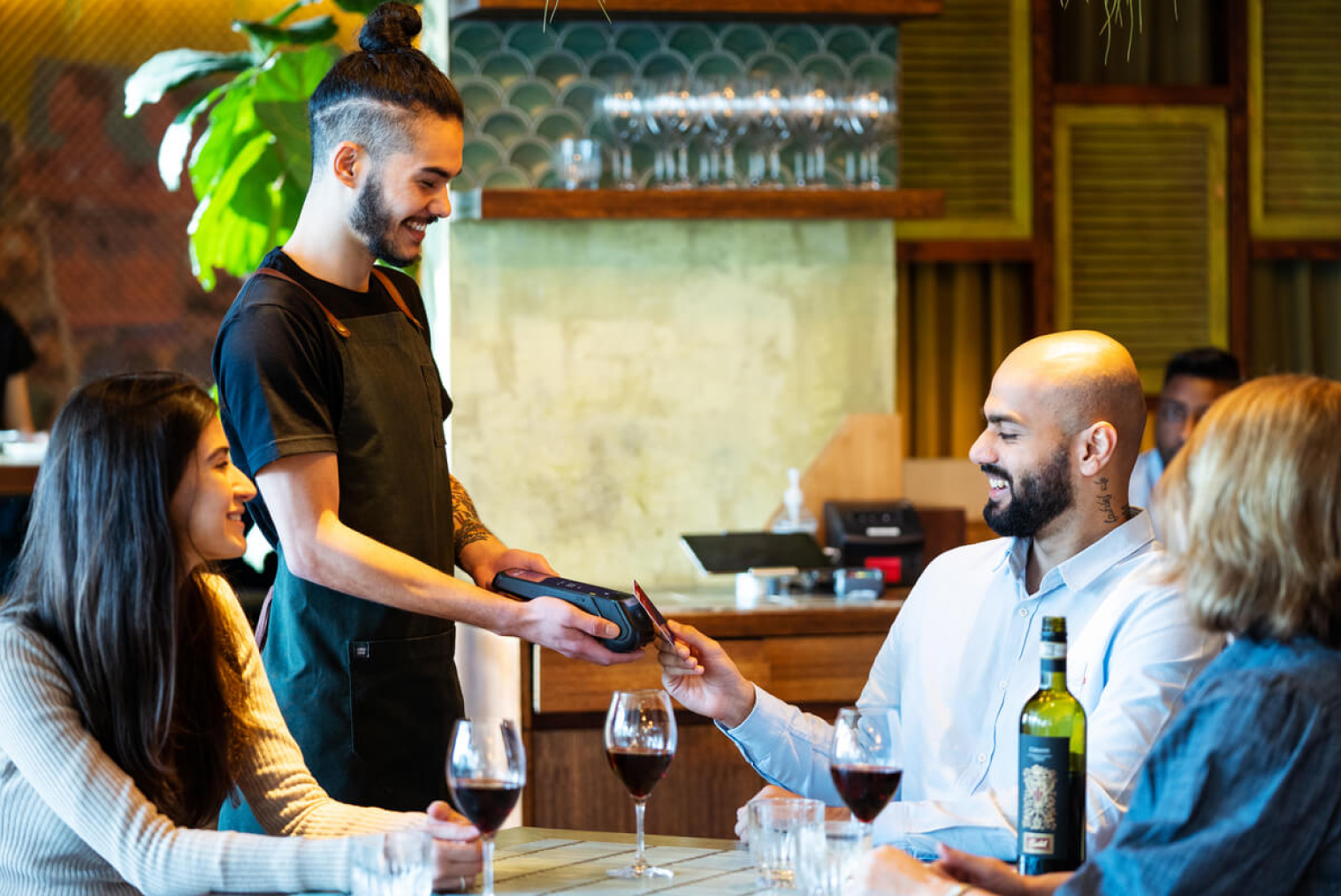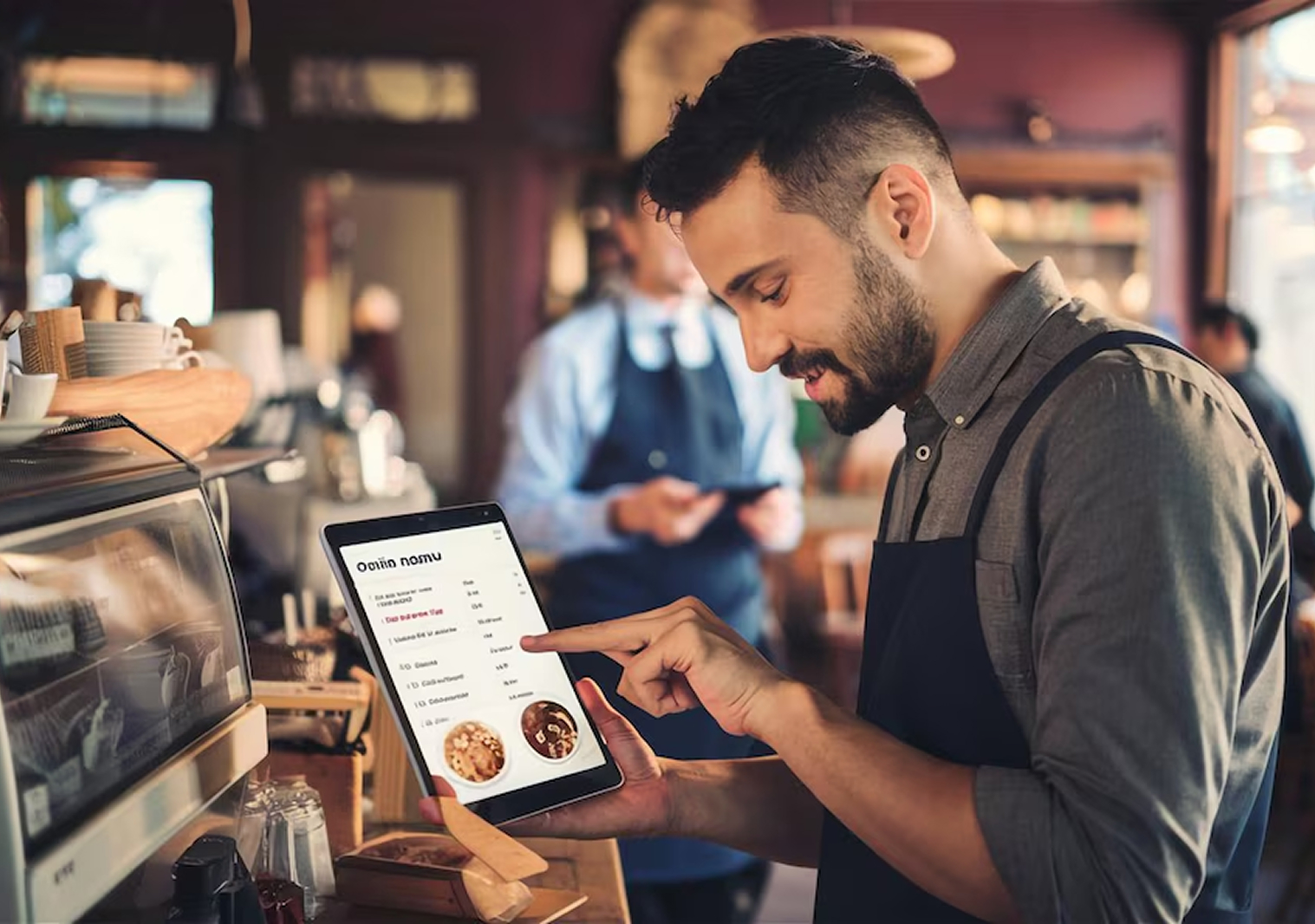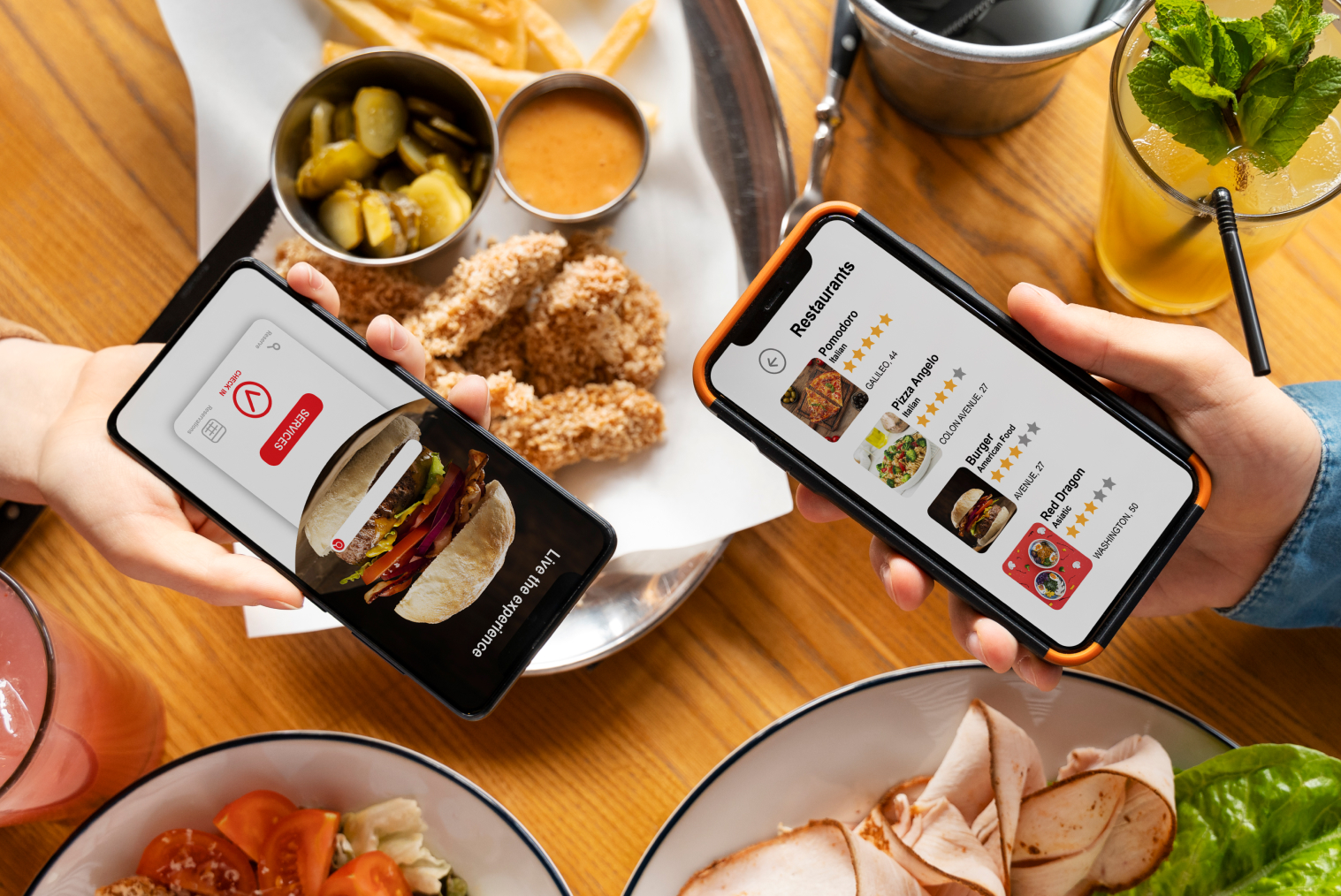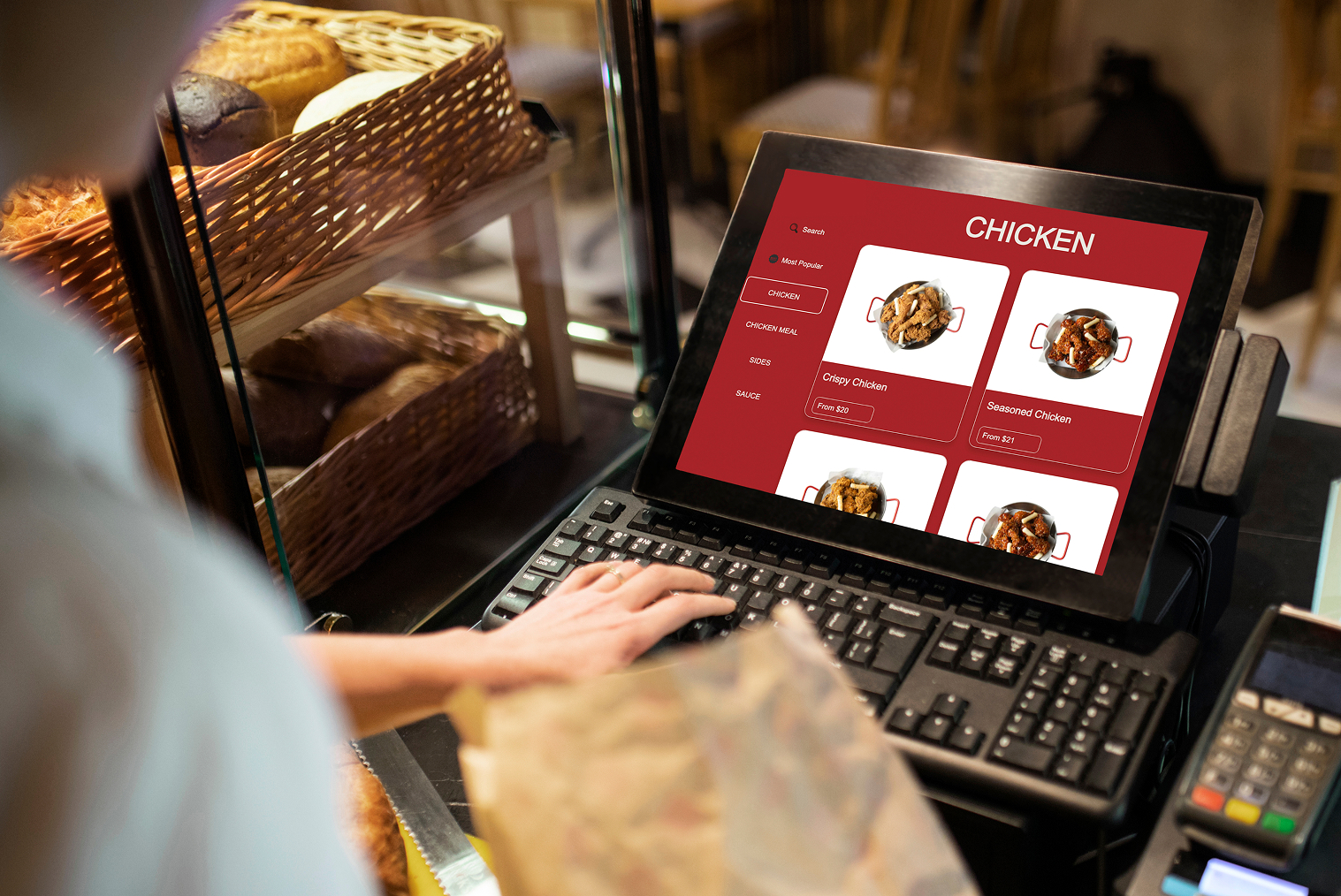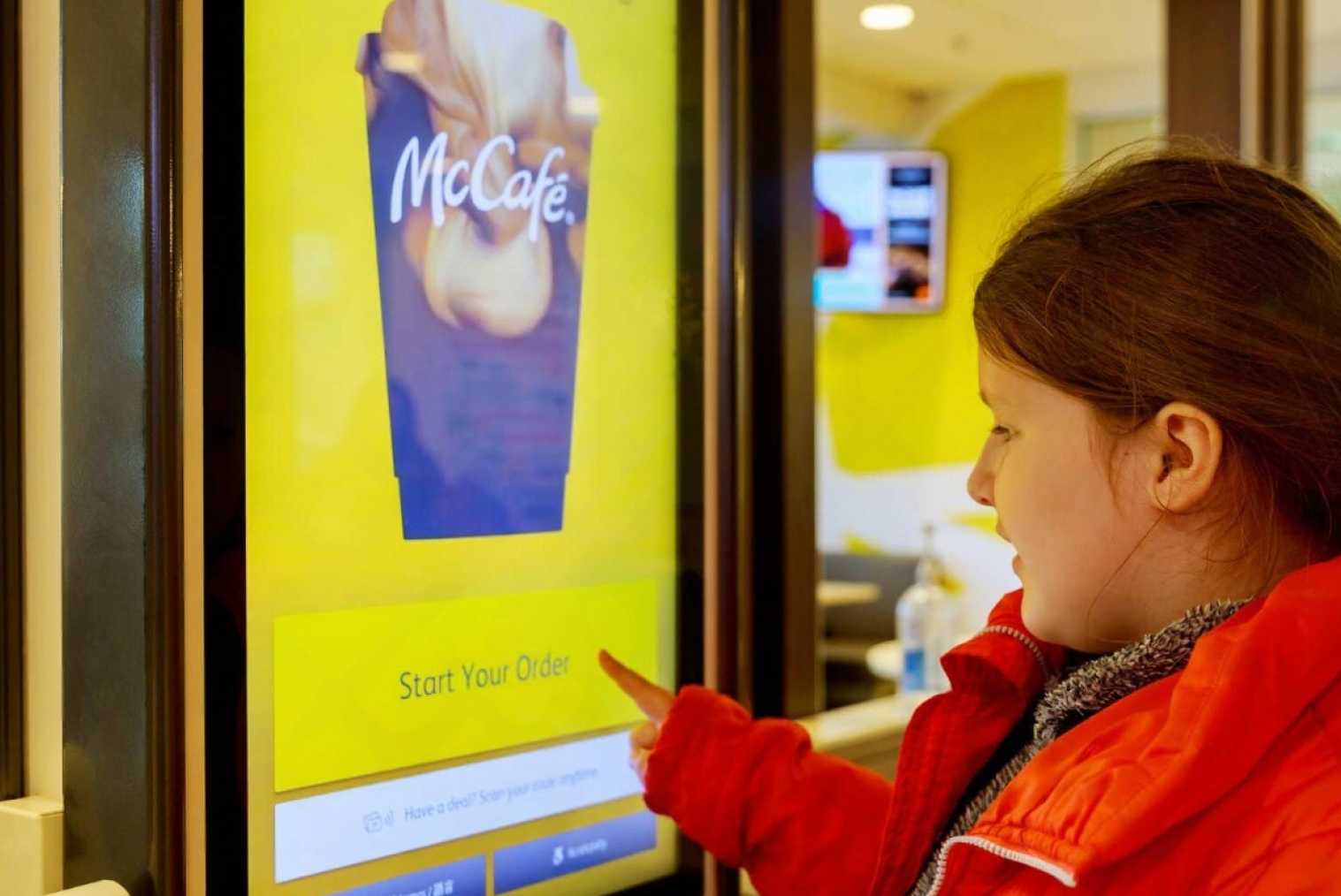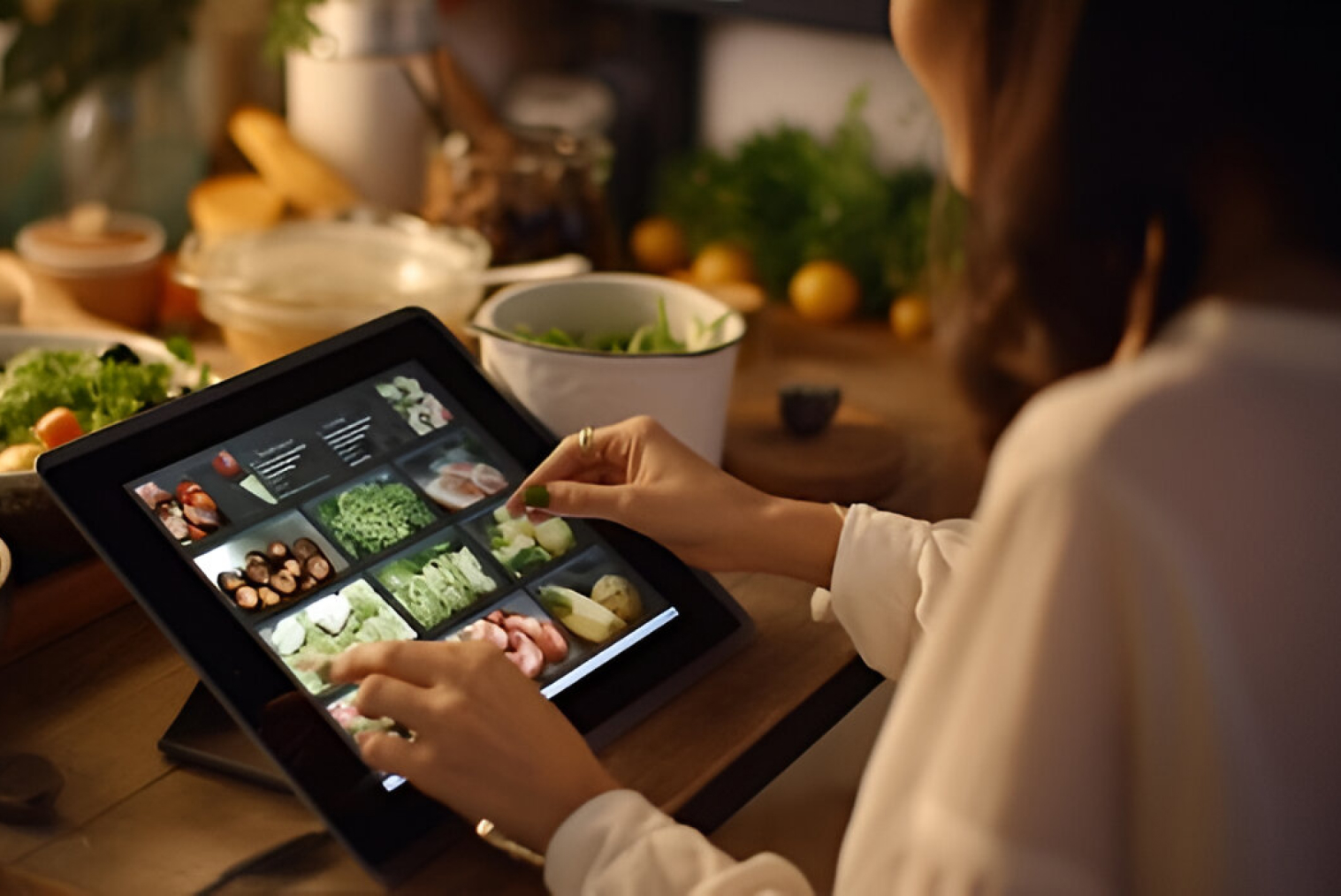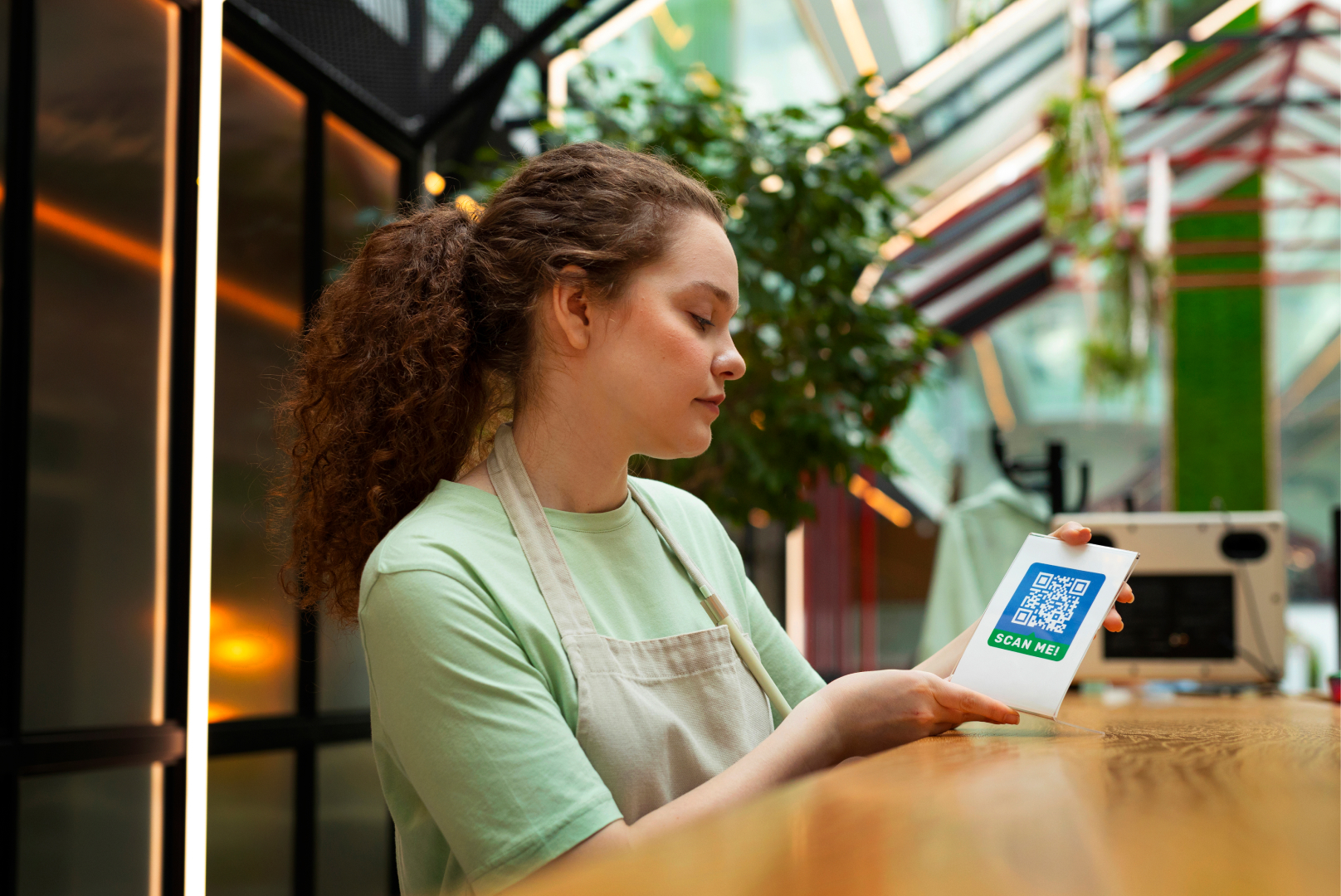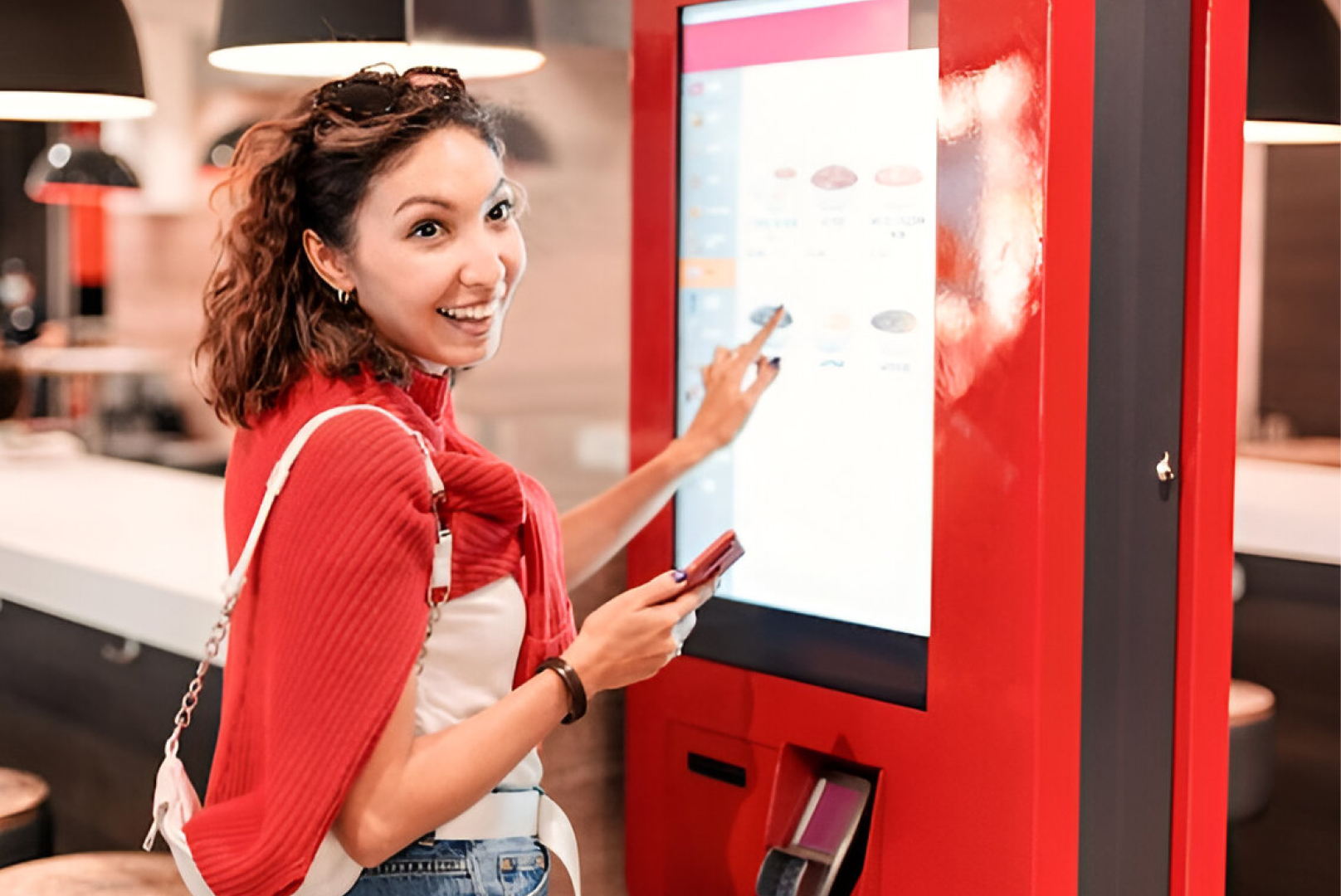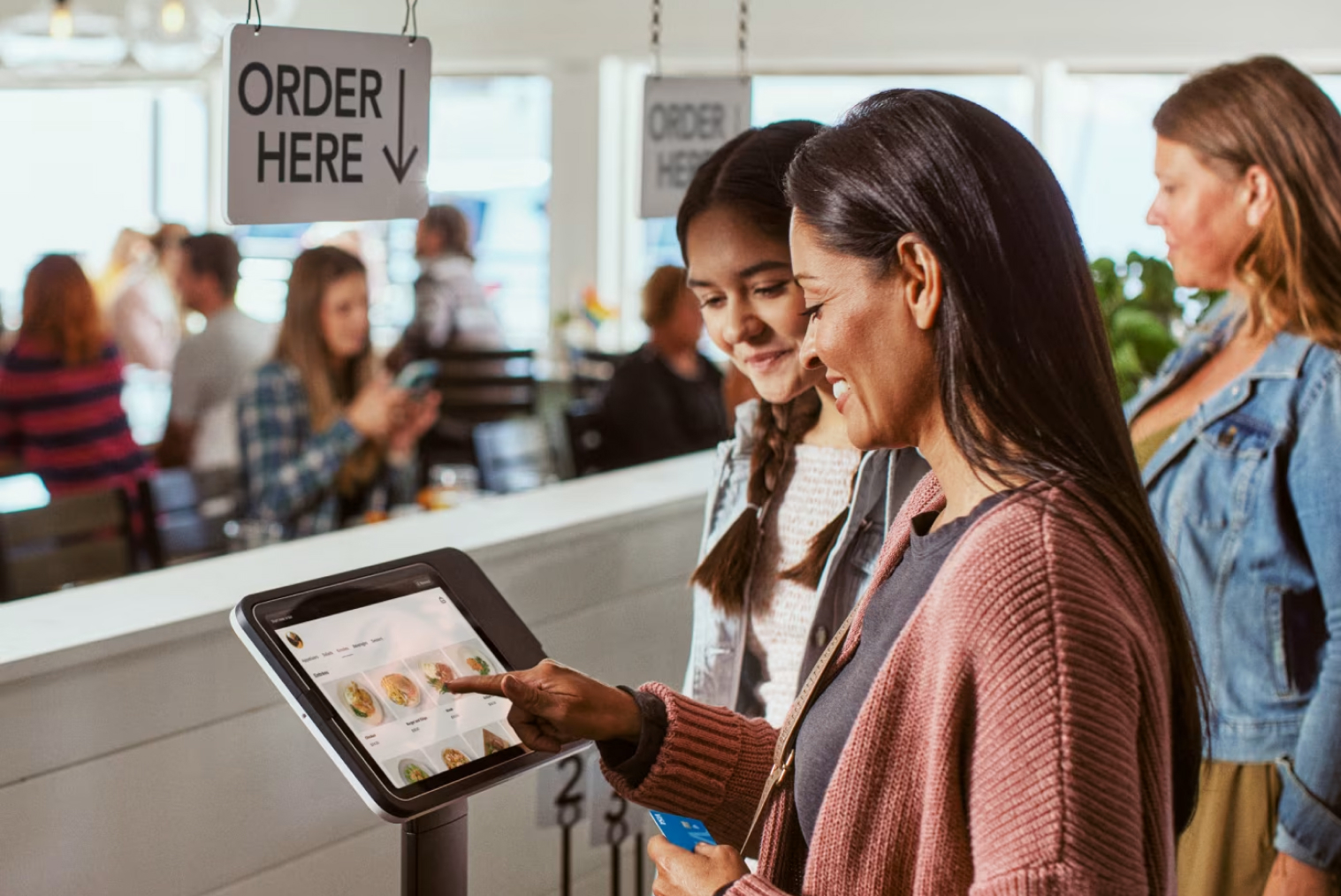In the past few years, outdoor kiosks have become an essential part of the food business, blending convenience, technology, and customer satisfaction like never before. From roadside smoothie stalls to city café pods, outdoor kiosks have completely changed how food brands connect with customers.
While self-ordering kiosks revolutionised indoor dining, outdoor interactive kiosks are doing the same for street-level service, enabling faster, smarter, and contactless experiences even beyond restaurant walls. These outdoor setups are the next evolution of fast-food self-ordering systems, extending the convenience of indoor kiosks to outdoor environments where speed and accessibility matter most.
In this blog, we’ll explore why outdoor kiosks are becoming essential for food businesses today, their benefits, key features, and how they drive both efficiency and profitability.
What Is an Outdoor Kiosk?
An outdoor kiosk is a standalone or semi-permanent setup designed to operate outdoors, handling food orders, payments, and pickups efficiently. Built with durable touchscreens, these kiosks are weather-resistant, theft-proof, and tough enough to handle daily sun, rain, and dust.
In contrast to street food stalls, outdoor kiosks tend to incorporate smart technologies ranging from mobile payments to online menus and in-transit order tracking. The result is a contemporary addition to the dining experience, suitable for high-traffic, quick-mover patrons.
Fortune Business Insights predicts that the worldwide food kiosk market will increase by more than 12.3% per year through 2028, indicative of the sector's increasing demand for quick, agile, and automated customer service options.
Why Outdoor Food Kiosks Are on the Rise
After the pandemic, people changed how they eat, work, and interact. Diners today prefer speed, security, and ease of access over conventional sit-down dining. Outdoor food kiosks hit all the right notes for this new trend.
Consider the main reasons why food companies are opting for outdoor kiosk systems:
1. Cost-Effective Business Growth
Relative to erecting a conventional restaurant or even running a food truck, outdoor food kiosks have relatively much lower overhead expenses.
You don’t need large commercial spaces, big teams, or expensive utilities. With much less space and maintenance, these kiosks can still provide full-service experiences.
According to the 2023 National Restaurant Association, small restaurant owners using outdoor kiosks cut setup costs by up to 40% and staffing costs by 30%.
This makes outdoor touch screen kiosks perfect for new startups or restaurants that are experimenting with new markets.
2. Increased Customer Accessibility and Engagement
Off-premise kiosks enable you to bring your brand right to your customers around offices, campuses, parks, or events. They bring your food service to anywhere without sacrificing quality or brand integrity.
In addition, outdoor kiosks create engaging digital experiences. With dynamic menus, real-time promotions, and personalised upselling suggestions, customers are engaged and in charge.
Technomic research discovered 72% of consumers will order more often from food kiosks that have interactive menus and loyalty programs.
3. Weather-Resistant and Designed for Durability
Outdoor kiosks today are made to last. They come with weather-resistant enclosures, thermal control systems, and glare-free touchscreen screens made for all-day use, rain or shine.
For food companies that work under diverse climates, this resilience allows uninterrupted service at all times, which eventually develops into a constant revenue stream
4. Contactless Ordering and Payment Solutions
In a time when hygiene and safety are the top concerns, outdoor kiosks facilitate a completely contactless ordering environment.
They can be integrated with digital purses, tap-to-pay, QR payments, and even loyalty apps. It saves time, keeps the line moving, and builds trust — especially in busy outdoor spots.
5. Brand Visibility and Savvy Marketing
Outdoor interactive kiosks are both service stops and marketing boards. You can market new menu items, display limited-time promotions, or even display dynamic time- or weather-based advertisements.
For instance, the coffee shop would show "Cool Iced Frappes" during a sunny day or "Hot Mochas" when the weather is cold, making digital marketing contextual and effective.
As per Forbes, brands deploying outdoor digital kiosks experienced as much as a 35% increase in impulse buys within three months of installation. Many restaurant brands are now investing in digital kiosks for restaurants to attract on-the-go diners, improve ordering speed, and strengthen customer loyalty through visually engaging, data-driven displays.
What Every Modern Outdoor Kiosk Needs to Have
When deciding on or designing your outdoor food kiosk, the following are a must.
1. Weatherproof Design: Resists rain, dust, and temperature fluctuations.
2. High-Brightness Touchscreen Screen: Allows visibility in sunlight conditions.
3. Built-in POS System: Manages orders, payments, and receipts effectively.
4. Secure Payment Terminals: Accommodates various payment modes for convenience.
5. Remote Monitoring & Maintenance: Allows real-time performance monitoring and software updates.
6. Energy Efficiency: New kiosks are designed with power-saving systems to ensure long-term sustainability.
How Outdoor Kiosks Help Businesses Scale Faster
Street-level kiosks make it easy to scale in ways traditional restaurants can’t. A brand can place several kiosks in strategic locations with a quick setup process.
This not only improves brand extension but also provides valuable location-driven data insights, including patterns of foot traffic and busy hours that can guide future growth planning.
Burger King: The company has reported a significant increase in its average order value—up to 15%—by using in-store kiosks for automatic upselling.
Conclusion: Outdoor Kiosks — The Future of Food Service
From mom-and-pop cafés to long-established QSR chains, outdoor kiosks are transforming what it means to be a contemporary food business.
They combine digital convenience with real-world accessibility, making them the ideal solution for today’s on-the-move consumers. Whether you’re expanding your brand, testing a new menu, or exploring cost-efficient ways to grow, investing in outdoor touchscreen kiosks might just be your smartest move for 2025 and beyond.
Frequently Asked Questions (FAQs)
Q1. Are outdoor kiosks suitable for all types of food businesses?
Yes, outdoor kiosks can suit cafés, QSRs, food chains, and beverage brands. They are modular and customisable to match different cuisines, serving styles, and operational needs.
Q2. Are outdoor kiosks cost-effective compared to traditional restaurants or food trucks?
Absolutely. Outdoor kiosks require less investment in infrastructure, staff, and utilities. Many small businesses report saving up to 40% in setup and operational costs.
Q3. What features should a modern outdoor food kiosk have?
Key features include a weatherproof design, touchscreen interface, secure POS integration, contactless payment systems, and remote monitoring capabilities.

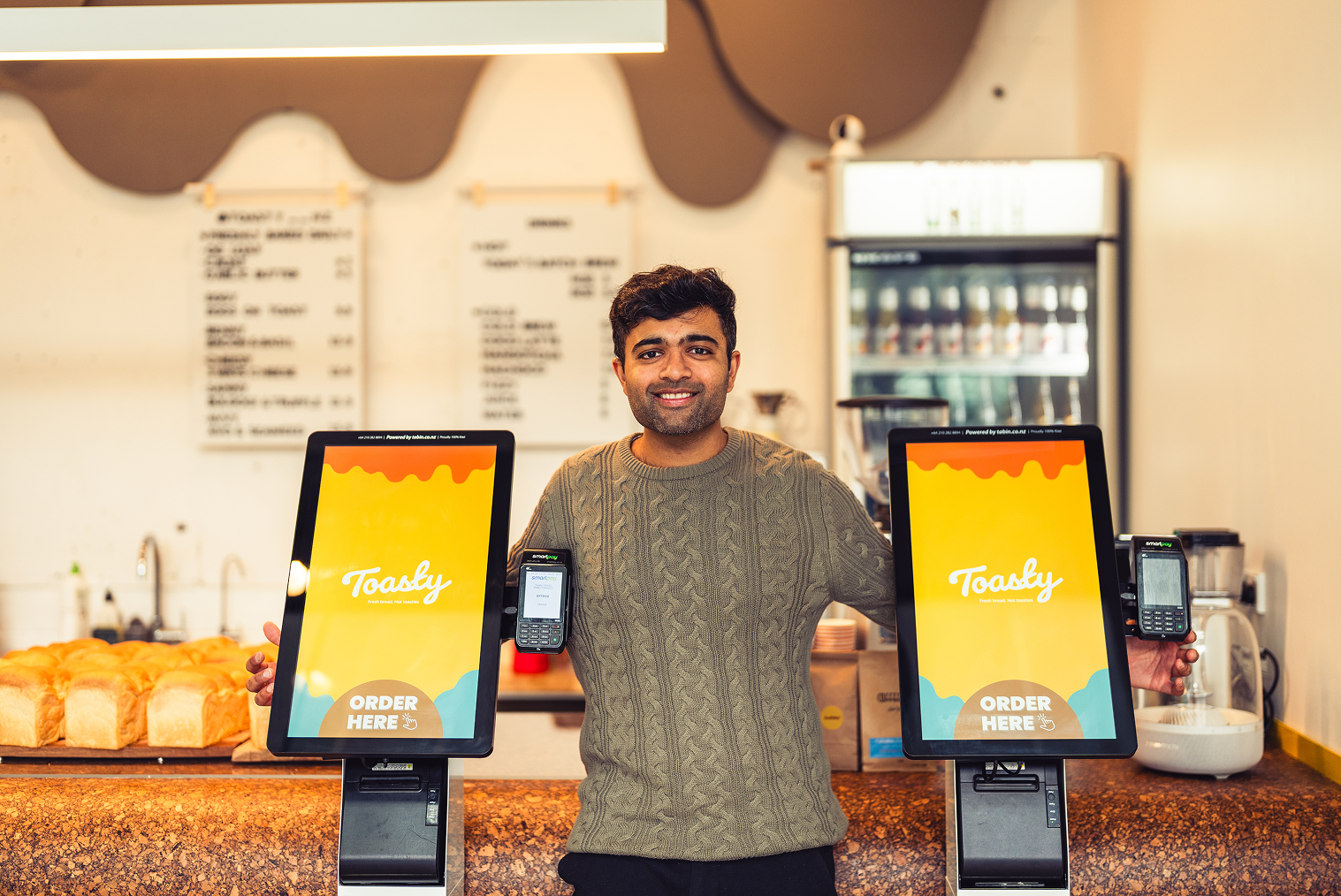

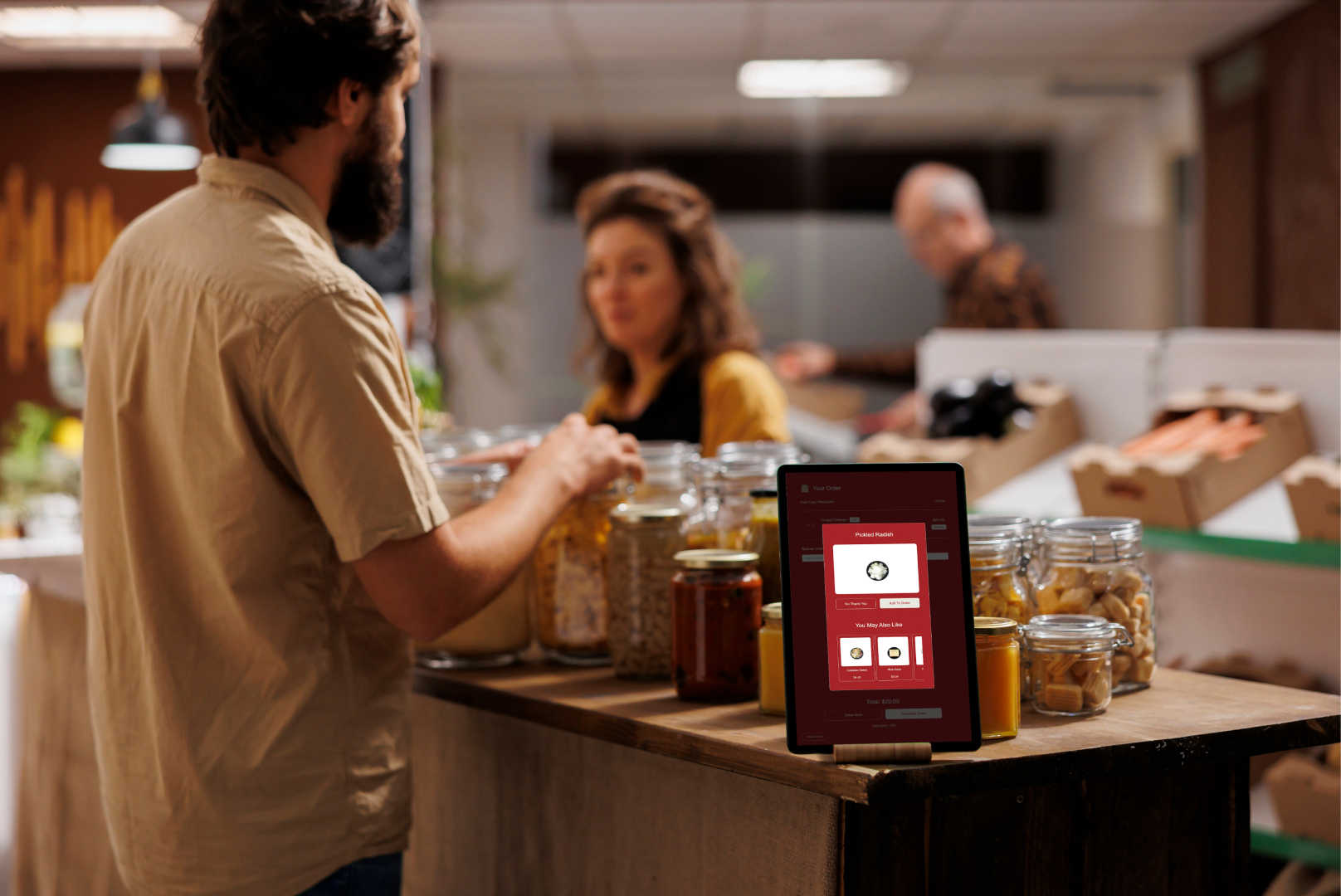

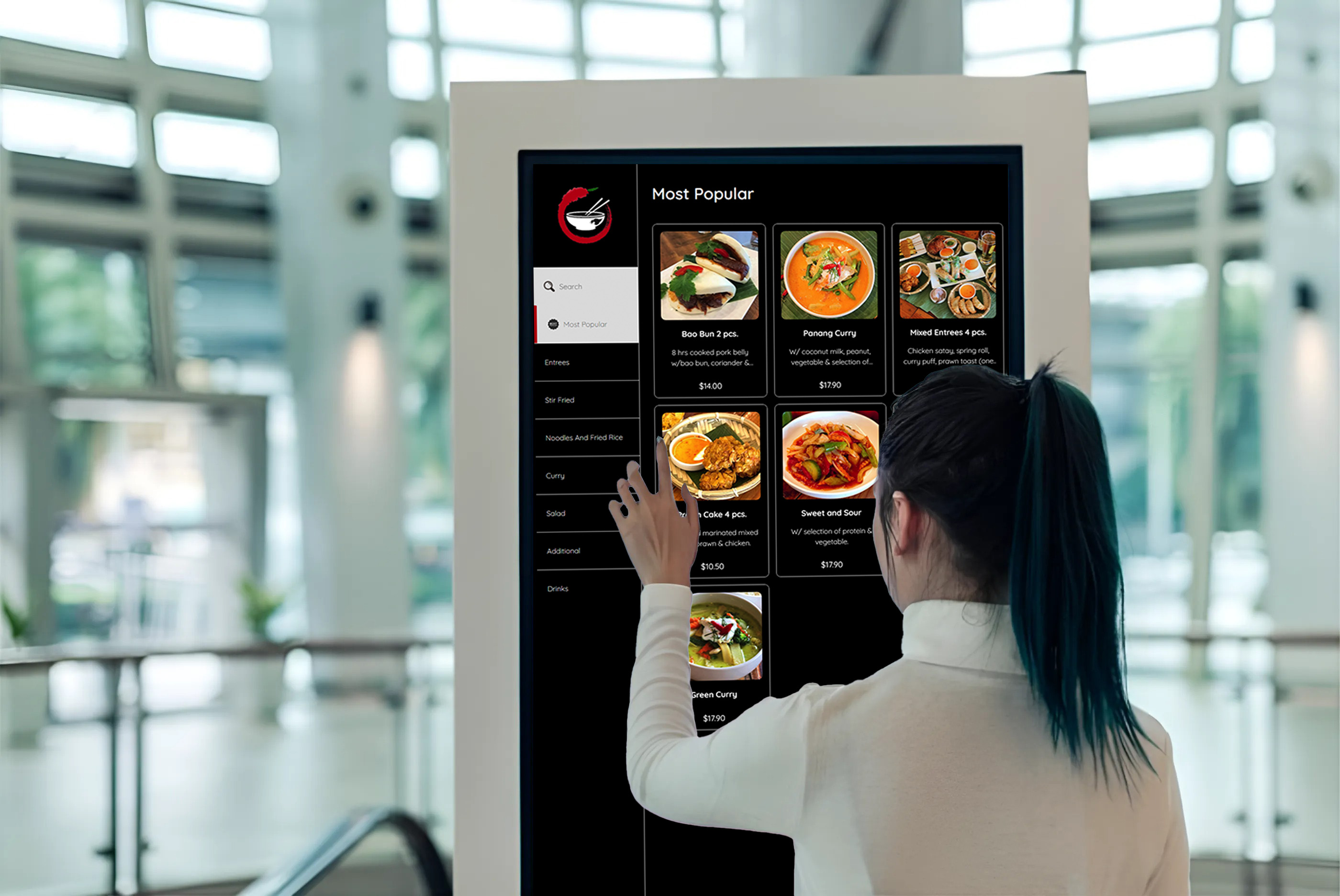
.png)



